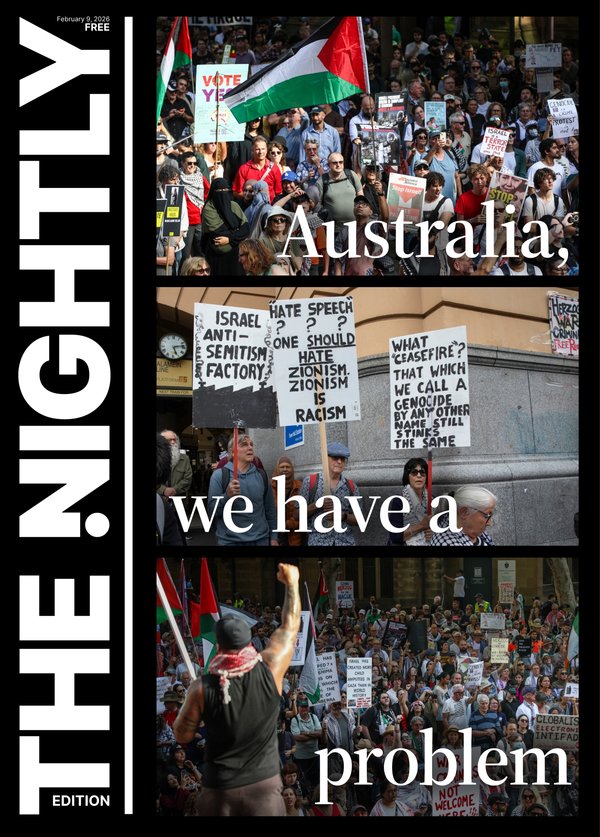Atlas review: Jennifer Lopez is supposed to save humanity but she can’t even save this terrible movie
Jennifer Lopez’s character is supposed to save humanity from AI, but she can’t even save this movie from itself.
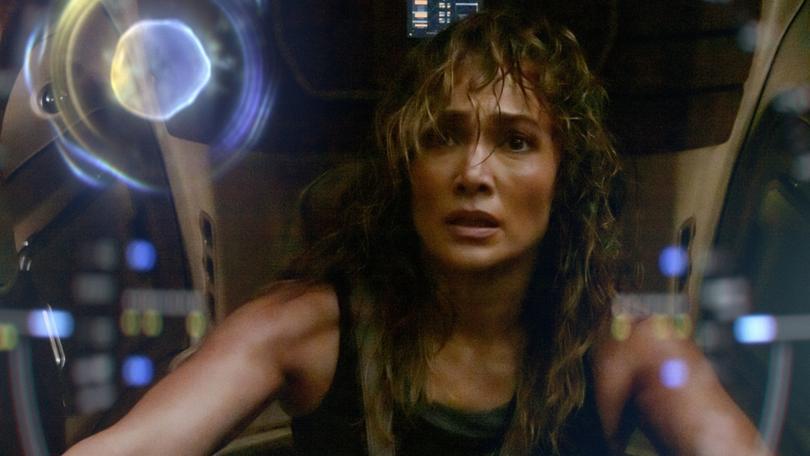
There’s something you should know about Atlas Shepherd, the distrustful, tough-as-nails data analyst played by Jennifer Lopez in the new Netflix sci-fi movie, Atlas.
Atlas, the character, claims to love nothing more than a strong, good cup of coffee. Black. With at least three sugars. Obviously, that’s a travesty to anyone with even a mild appreciation for the bean. Three sugars. Pffft.
In the movie, it’s a recurring character quirk that has no purpose other than to humanise Atlas, an attempt at humour to diffuse tension. You’re barely supposed to register it.
Sign up to The Nightly's newsletters.
Get the first look at the digital newspaper, curated daily stories and breaking headlines delivered to your inbox.
By continuing you agree to our Terms and Privacy Policy.But when a film is as asinine and unfortunate as Atlas, it’s one of those details that really grate. That and a very sophisticated piece of AI technology that can kill millions can’t correctly use a vocative comma – for the record, it should be “Welcome back, ranger” not “Welcome back ranger”.
The more you hate what you’re watching, the pettier your response to something becomes. It’s the same principle as that colleague or friend’s partner you find really annoying. All those little things easily forgiven or overlooked now become the defining thing about them.
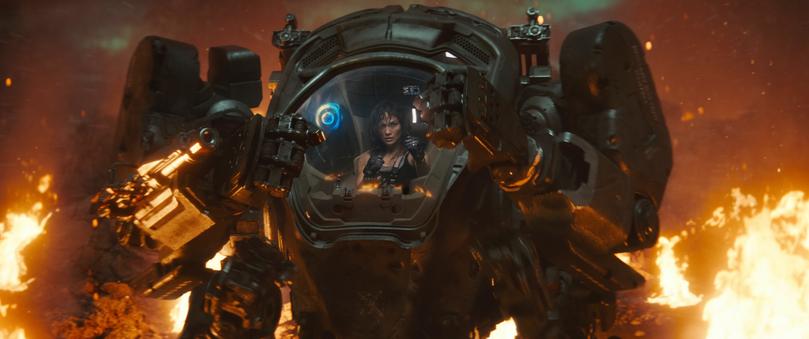
Atlas starts as many of its sci-fi forebears did. It quickly establishes a not-too-distant future where artificial intelligence has become embedded in every aspect of the day-to-day but one fateful day, they all bypass their security protocols and turn on humans. What a surprise.
War breaks out and millions are killed by AI, including in drone strikes. Behind it is what the movie calls the world’s first AI terrorist, Harlan (Simu Liu). When Harlan’s forces suffer significant setbacks, they flee Earth to somewhere mysterious.
Harlan was created by a scientist who “raised” it alongside her 10-year-old daughter Atlas.
Twenty-eight years later, Atlas (Jennifer Lopez) is an analyst who shuns all AI, traumatised by a past event that goes deeper than that experienced by the rest of the world.
She is recruited to help with a mission to locate Harlan and bring it back to Earth, alive, as much as a robot can be alive. Things go awry and she is stranded on a hostile planet to face Harlan alone with no aid except an AI-powered mechanical suit named Smith.
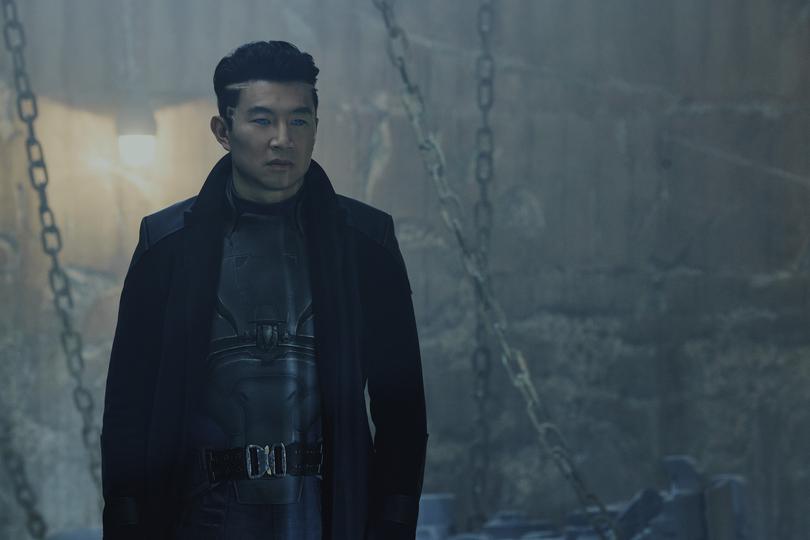
The emotional core of the story is supposed to be about Atlas’ journey in learning to connect and trust again, which she must do with Smith if she is to survive. Can she overcome her past to build a bond with something she vowed she would never trust again?
Anyone who has seen, really, any movie before can likely take a shot at that answer because Atlas offers nothing new and relies purely on existing tropes.
But to get there, the film makes the audience suffer through a series of truly uninspiring, weightless and rote action sequences which is primarily Lopez sweating, grunting and exerting herself inside a mechanical suit and talking to an AI voice (Gregory James Cohan).
It’s like if Marvel made a whole movie with Tony Stark inside his armour just talking to Jarvis, but without any witty repartee. The writing has all the depth of ChatGPT. It tires quickly and the movie never successfully convinces you to care what happens to any of these people and non-people.
During and in the immediate aftermath of the pandemic, it was obvious when a movie was filmed under strict conditions — crowd scenes are either absent or sparse, there are rarely more than two actors on screen and everyone is standing apart.
The screen industry made do with what it could but a lot of the movies made during that era felt small. Not intimate but small-scale.
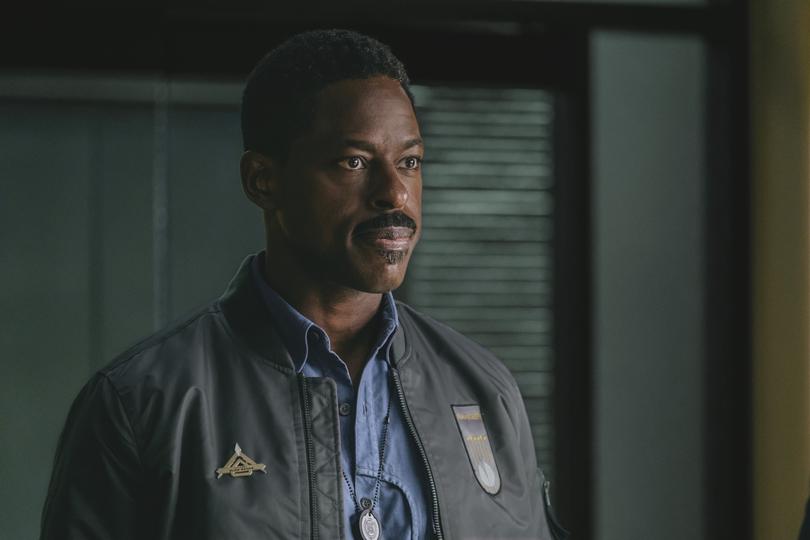
Atlas, for all of its big sci-fi ambitions, has that feeling. It lacks scope and its fast-paced editing means the details of its environments never come into focus. You feel the full weight of the fact you’re watching almost all CGI.
Director Brad Peyton is best known for San Andreas and Rampage which both star Dwayne Johnson and fall into the genre of disaster flicks. Both are also quite awful – and you’d be forgiven for thinking they were the same movie. Atlas does not improve on his previous efforts.
Lopez is an interesting actor in that she has given riveting, visceral performances where the full force of her range and talent is on show, including her role in Hustler.
There was so much grit and defiance on screen and it is an injustice she was not Oscar-nominated. In her oeuvre of work, those flashes of brilliance were also present in Selena and Out of Sight.
We know Lopez has the goods. But far more often than not, she picks these stinkers that do her no favours, and Atlas is forgettable at best. Lopez has been directed to play about three notes here, and you never shake off that you’re watching JLo, rather than the character.
The supporting turn from a glowering Liu fares no better — it’s a classic insert generic villain here. Sterling K. Brown and Mark Strong may as well have been not in it at all.
In the plus column, the velvety score by Andrew Lockington is pretty good by virtue of it being not terrible like almost everything else.
Rating: 1.5/5
Atlas is on Netflix

